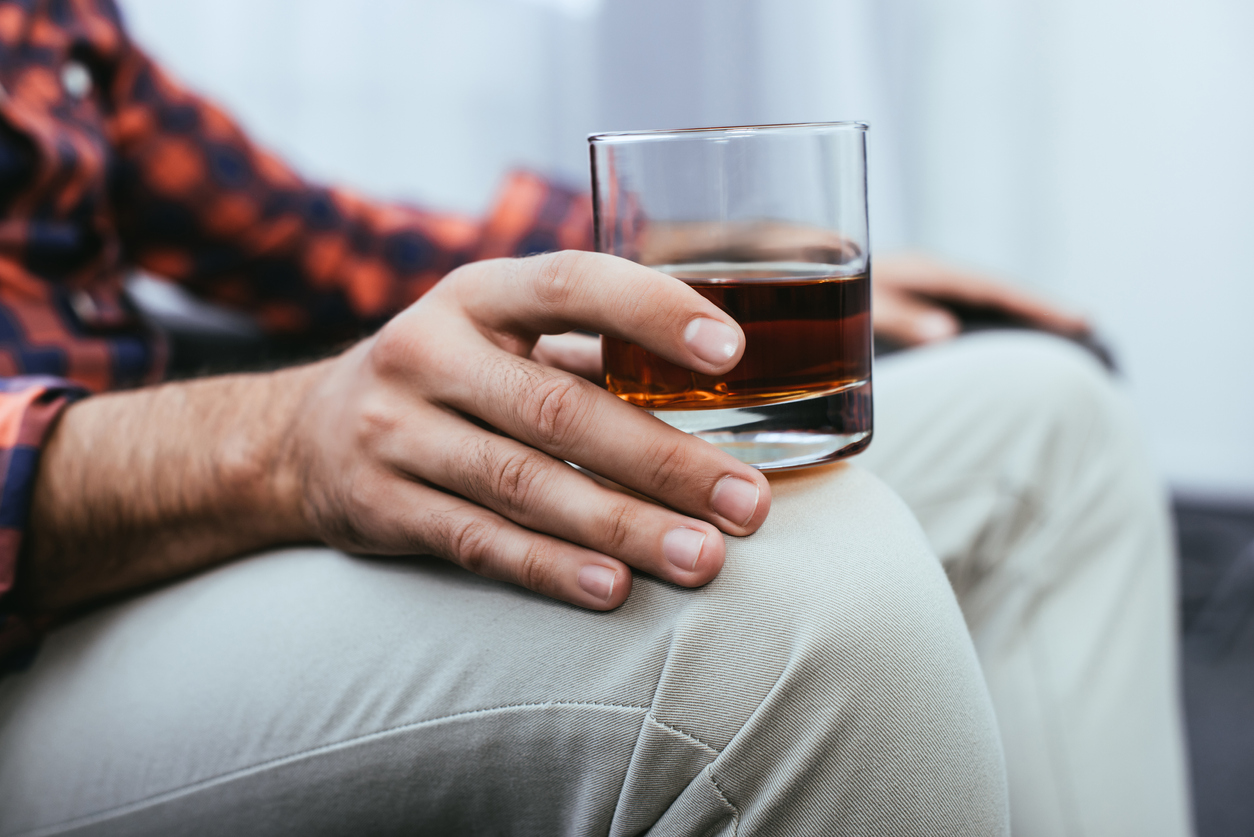ketamine is originally a drug, derived from phencyclidine, used as a general anesthetic in human and animal medicine. It comes in the form of a white crystalline powder, liquid or tablet or capsule. Legitimately used for medical purposes, researchers at the University of Exeter have attributed another therapeutic use, currently being tested in a phase II trial called “Ketamine for Reduction of Alcohol Relapse (KARE)”. The latter is the first of its kind to examine whether a low dose of ketamine can help people with severe alcohol disorders. to avoid relapses when they follow psychological therapy at the same time.
–
“Currently, there are few effective treatments for severe alcoholism, which has a devastating impact on life. The KARE trial was the first trial compare ketamine with and without therapy in any mental health setting. “Explain the researchers whose trial was conducted in collaboration with Awakn Life Sciences, an American biotech. The results which have just been published in the “American Journal of Psychiatry” indicate that the risk of relapse in the group of participants who received ketamine plus psychotherapy at six months was 2.7 times lower in the risk of relapse for those who received placebo and alcohol cessation education.
–
Reduced alcohol consumption over several months
In concrete terms, the scientific team discovered that people who received of ketamine in combination with psychological treatment remained completely sober for 162 out of 180 days during the six-month follow-up period. These patients also had less depression after three months of treatment and better liver function than those on placebo. “This is extremely encouraging as we normally see three out of four people return to heavy drinking within six months of quitting alcohol, so this result represents a great improvement. adds Celia Morgan, KARE trial manager.
–
Before the trial, the participants drank every day, consuming on average the equivalent of 50 pints of strong beer per week. But those who received ketamine and therapy drank beyond recommended guidelines for only five days in total during the average six-month trial period. “The number of alcohol-related deaths has doubled since the start of the COVID-19 pandemic, which means that new treatments are needed more than ever. The use of ketamine in alcoholics had raised concerns due to liver problems, but the study shows that it is safe and well tolerated in clinical conditions. “, adds Professor Morgan.
–
The key: reconsider your relationship with alcohol
The treatment consisted of receiving three infusions ketamine over three weeks with a final therapy session on the fourth week. Since this was a phase II clinical trial to mainly test the safety and feasibility of the treatment, the scientific team wants to conduct a study on a larger sample of participants to confirm its effects on people for which existing treatments do not work. “We are not advocating to take ketamine outside of a clinical setting. It is the combination of a low dose and appropriate psychological therapy that is key, as is the expertise and support of clinical staff. »
–
Why that is the therapy effective? ? Testimonials from participants show that a very low dose of ketamine induces a sense of being outside the body that can stimulate an “observer state” similar to that described in mindfulness, to step back and reconsider one’s thoughts. and emotions. An experience that helps them change their relationship with alcohol. “Because ketamine is an approved drug, we can offer this treatment now in our clinics and through partnerships, which represents a step change in the treatment industry for alcohol addiction. “, concludes Anthony Tennyson, the general manager of the Awakn company.
—


